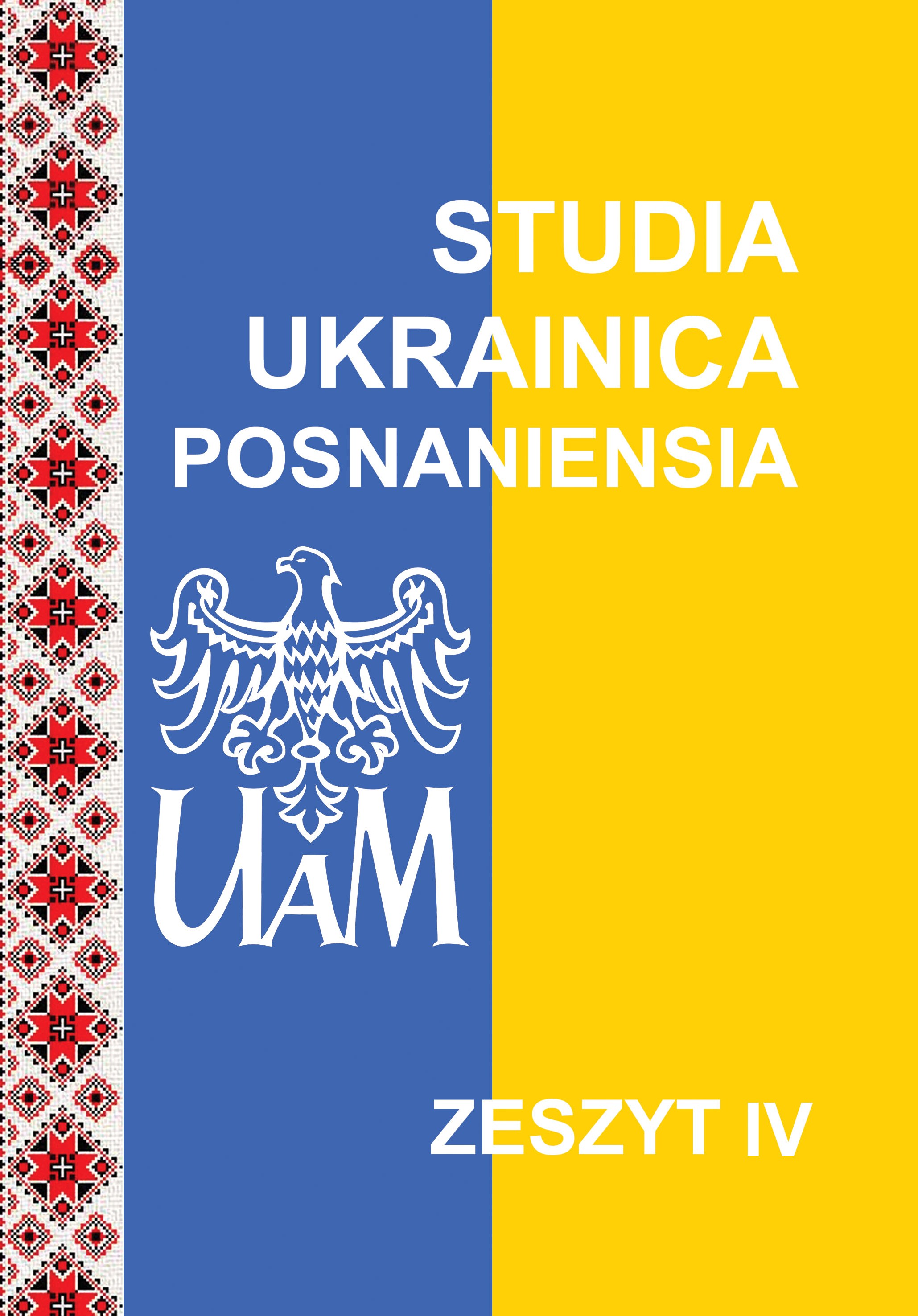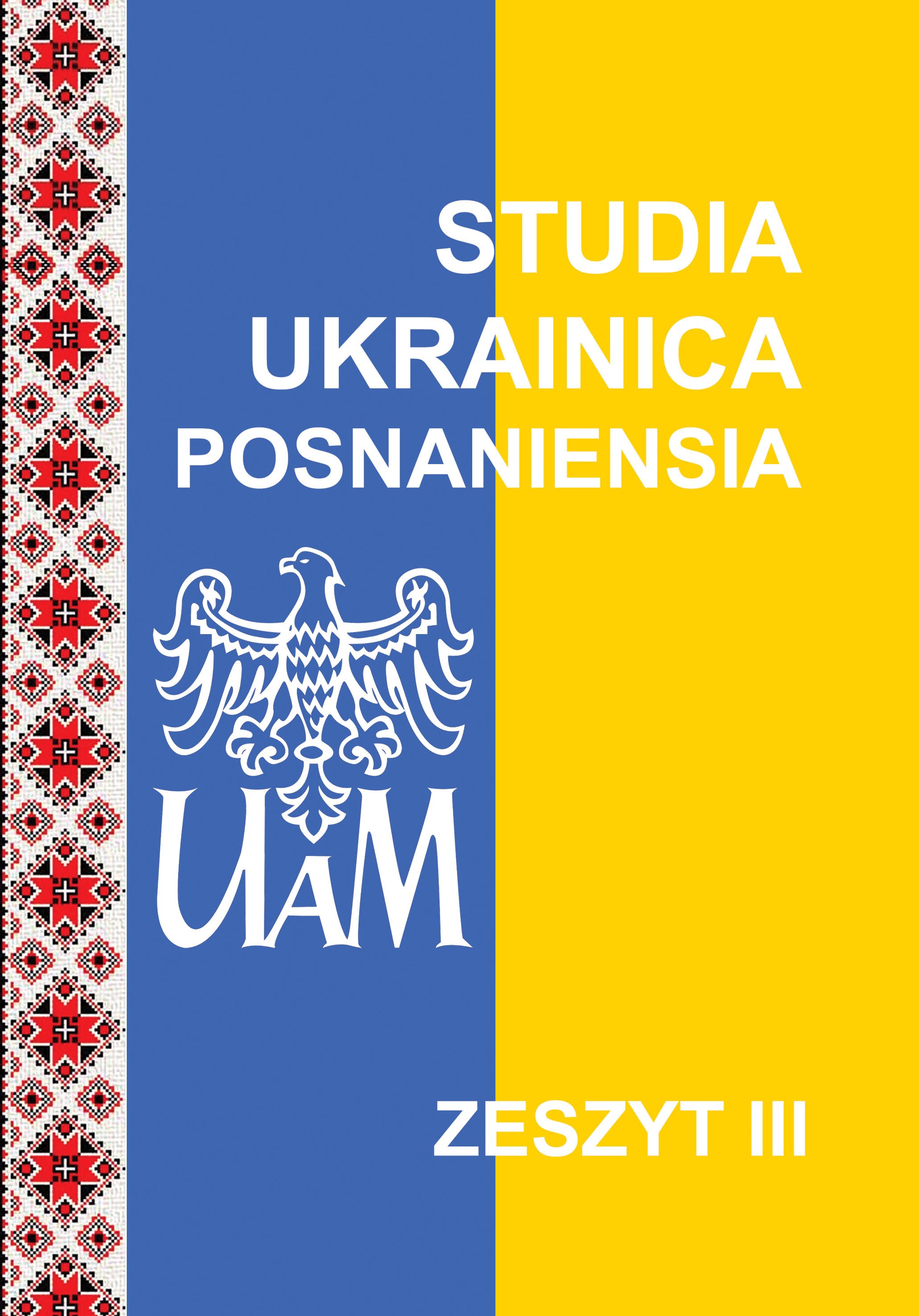
РЕЗУЛЬТАТИВ У СИСТЕМІ ДІЄСЛІВНОЇ СЕМАНТИКИ (НА МАТЕРІАЛІ УКРАЇНСЬКОЇ МОВИ)
The article deals with the research of the resultatives of the Ukrainian language: the formal-grammatical types, the peculiarities of their functioning. The types of the forms of resultatives are distinguished, the correlation of the resultative with other lexical-grammatical and grammatical categories is analyzed. Stable and unstable components of the resultative situation are defined.
More...
